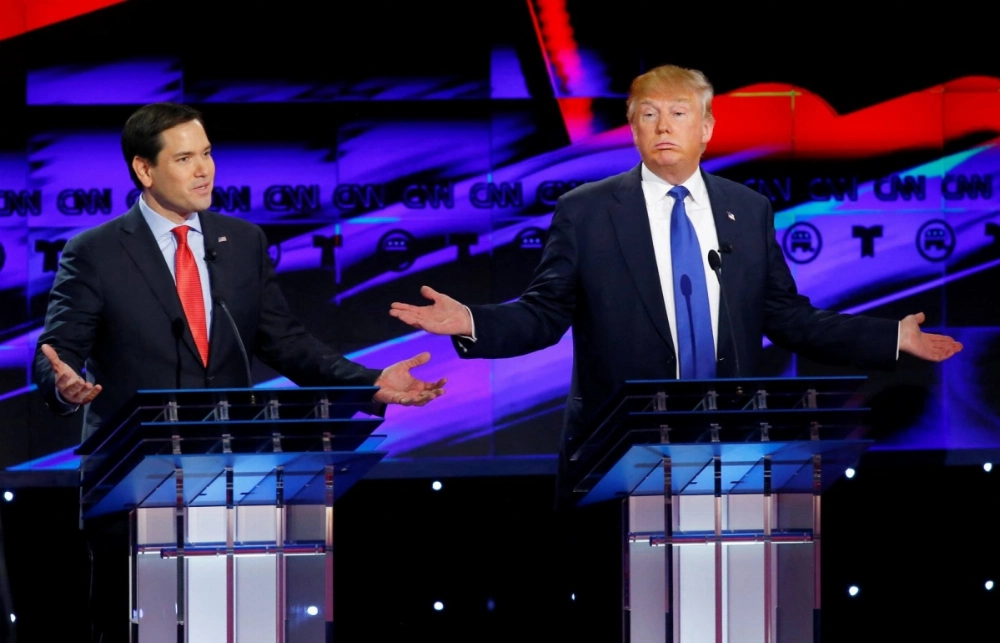Any doubts that might have existed about Donald Trump’s plans for a second term in office are quickly evaporating as he announces his Cabinet picks.
While several of the nominees are plainly qualified, others are not. It is tempting to think that some have been picked merely to outrage the U.S. President-elect's detractors or to see how far the Senate will defer to his wishes.
Trump claims a mandate — winning the popular vote and both Houses of Congress and somehow that is a stamp of approval — but his margin of victory is smaller than he will admit and it is narrowing. That is likely to matter more in domestic policy than foreign affairs, but it likely heralds a battle in Washington that absorbs considerable attention and energy, and obliges the Trump administration to be even more inward looking than anticipated. Allies and partners must be ready.


















With your current subscription plan you can comment on stories. However, before writing your first comment, please create a display name in the Profile section of your subscriber account page.